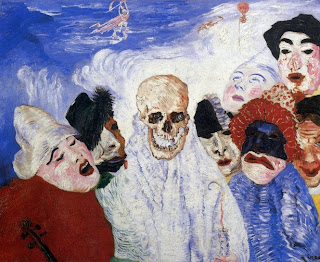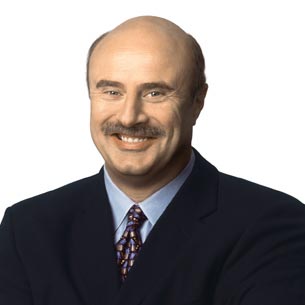Individualism : Concept that all values, rights, and duties originate in individuals and, therefore, the interests of the individuals are (or ought to be) ethically paramount as opposed to those of an abstract entity such as society.*
My story
I can say that I lived in both type of societies. I was born in Romania in 1981, a communist country until the revolution in 1989 when its dictator Ceausescu was executed. I was a child in the 80s but still remember a lot from my Romanian years. It was a collectivist society but not always the loving, caring one like a big family. Everybody was supposed to have the same things, you couldn't own anything, no real possessions, no real property. Your apartment wasn't really yours, you lived in the government's building, there were food rations and people had nearly the same salary from the fabric worker to the university teacher. At the same time sharing the little things you had with your family, your friends and your neighbors was not a question of choice. You had to in order to survive. In winter the government would cut your electricity and your hot water to save money. If you didn't have a candle left or some gas you were doomed if you couldn't go see a friend or a neighbor and borrow some of their things. My experience of collectivism was not all bad it made relations stronger, people bonded together and were generous with each other. Still was it really a choice or mere necessity?
Then in the 90s I moved to Canada. I had to learn that people have their own things, they possessed their house, their car, etc. It was theirs and there was no obligation to share with anybody. And then as I grew older I realized that a big part of the legislative system is aimed at helping them protect what they have and the more they have the more they want to protect it and make sure that other people don't take it away from them. That is part of an individualistic society where the individual is valued above the social entity. Now the social bond is less present in the human relations and people make choices regarding their own interests first.
As conflict resolution consultants we have to understand what are a person's values are in order to maintain the respect in all the interactions and to enable a good communication process. We also have to understand and think about where we come from to better acknowledge our biases and limits as professionals and as individuals.














